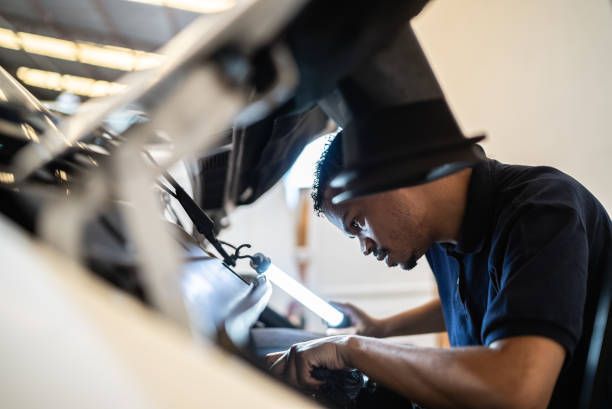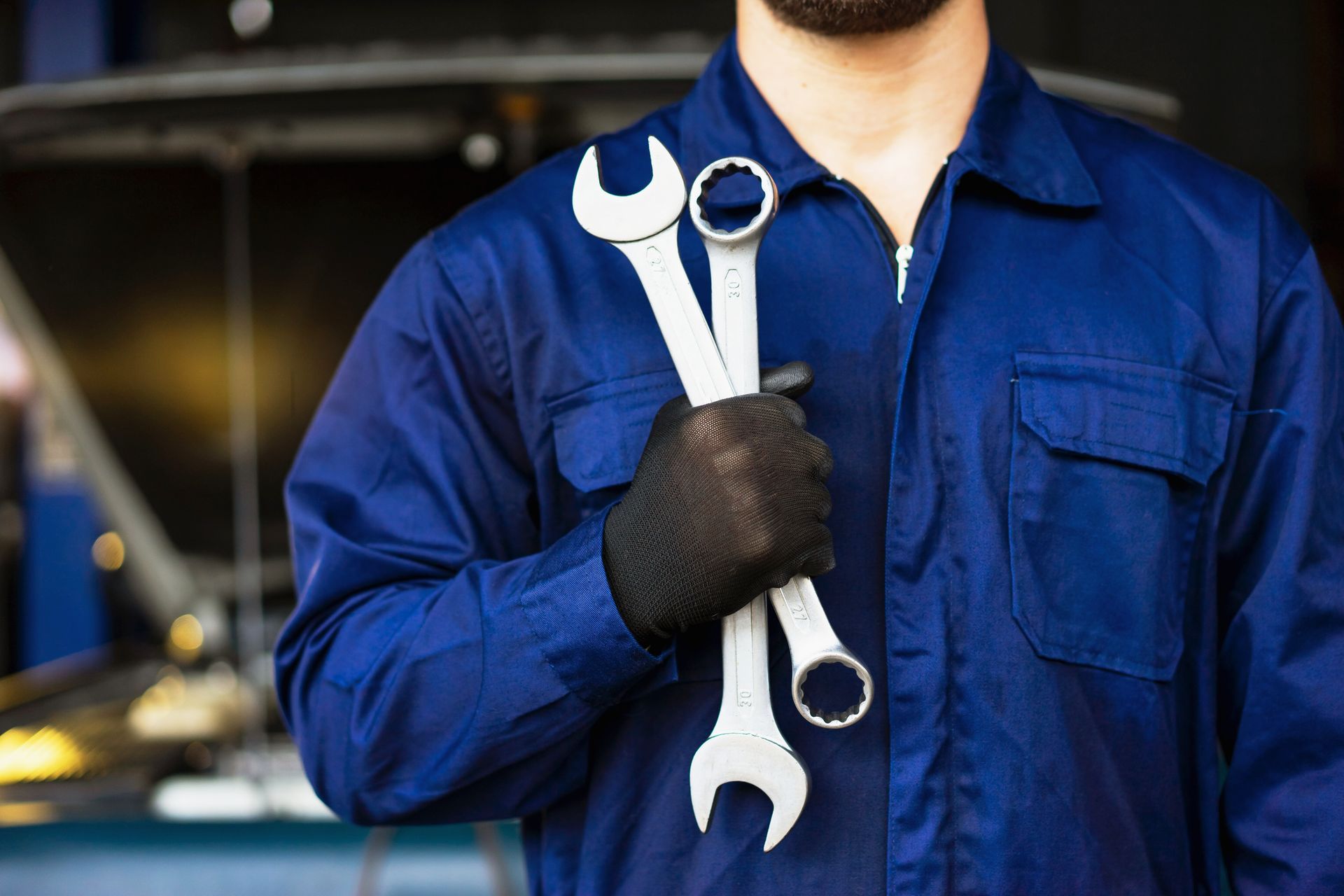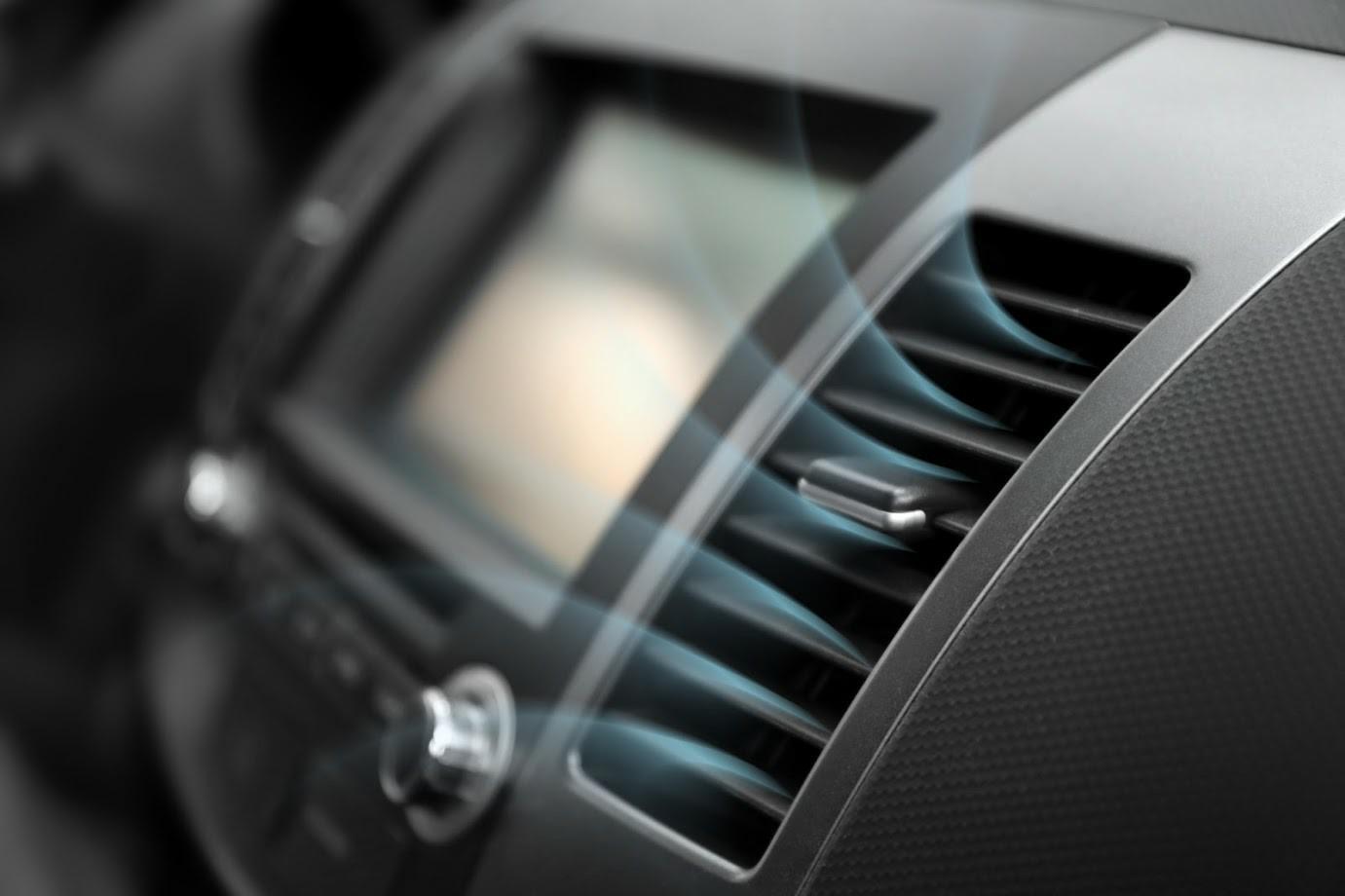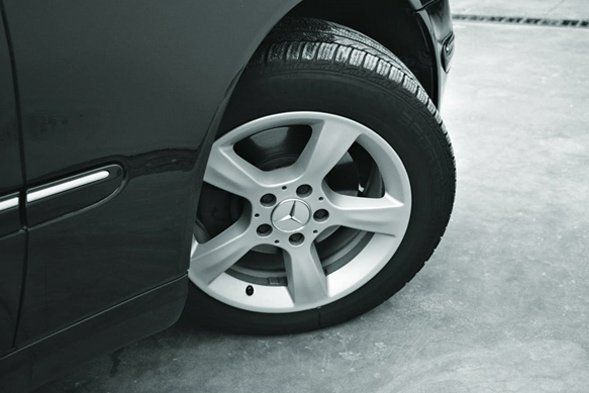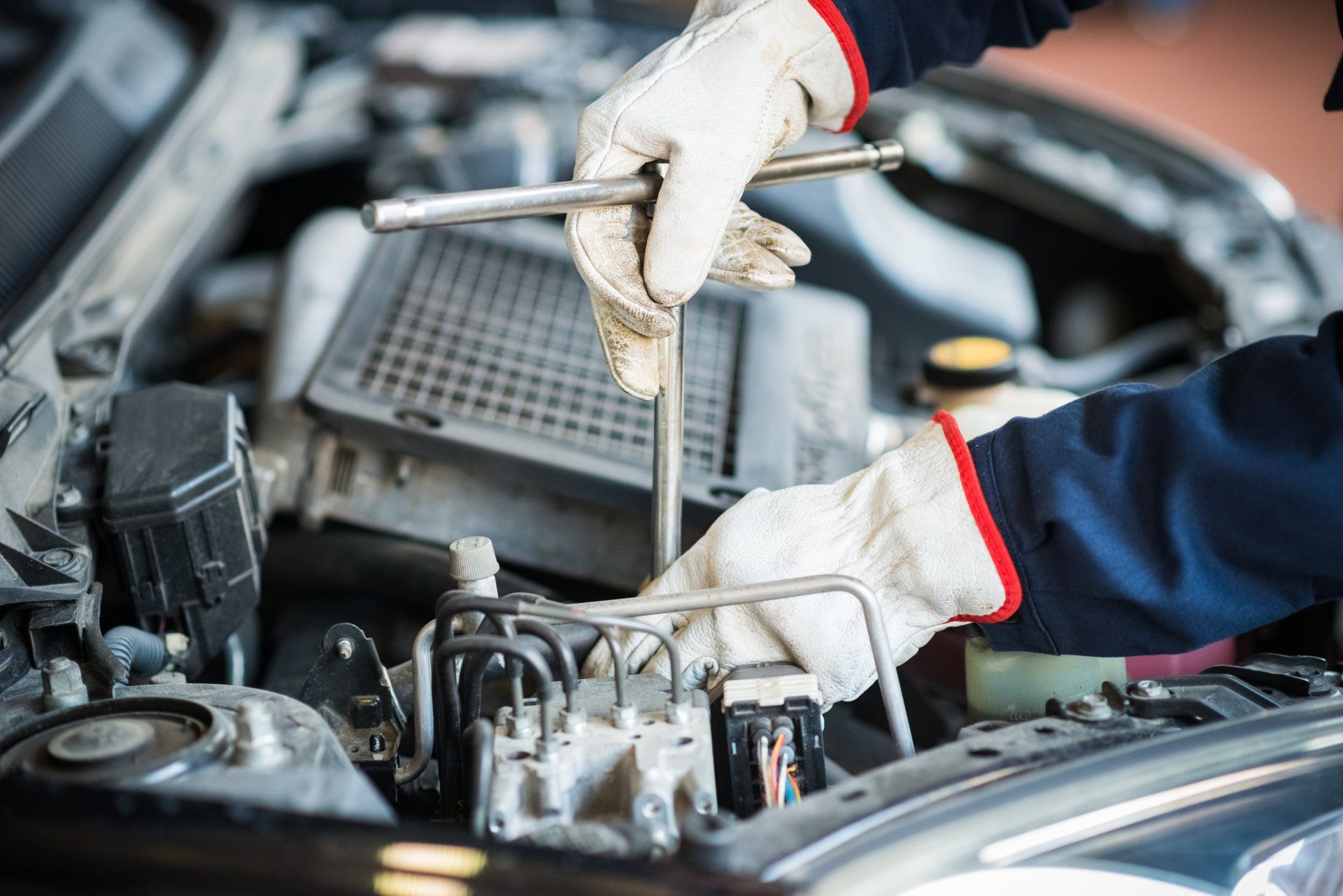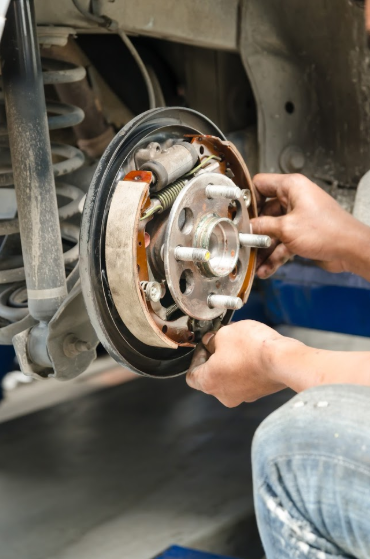Address: 2515 W Market St. York, Pennsylvania 17404 | Email: autorepair2515@aol.com
99% Of Customers Would Refer Friends & Family! Over 300+ Reviews
Is It Time To Replace Your Car's Radiator? Look Out For These Red Flags
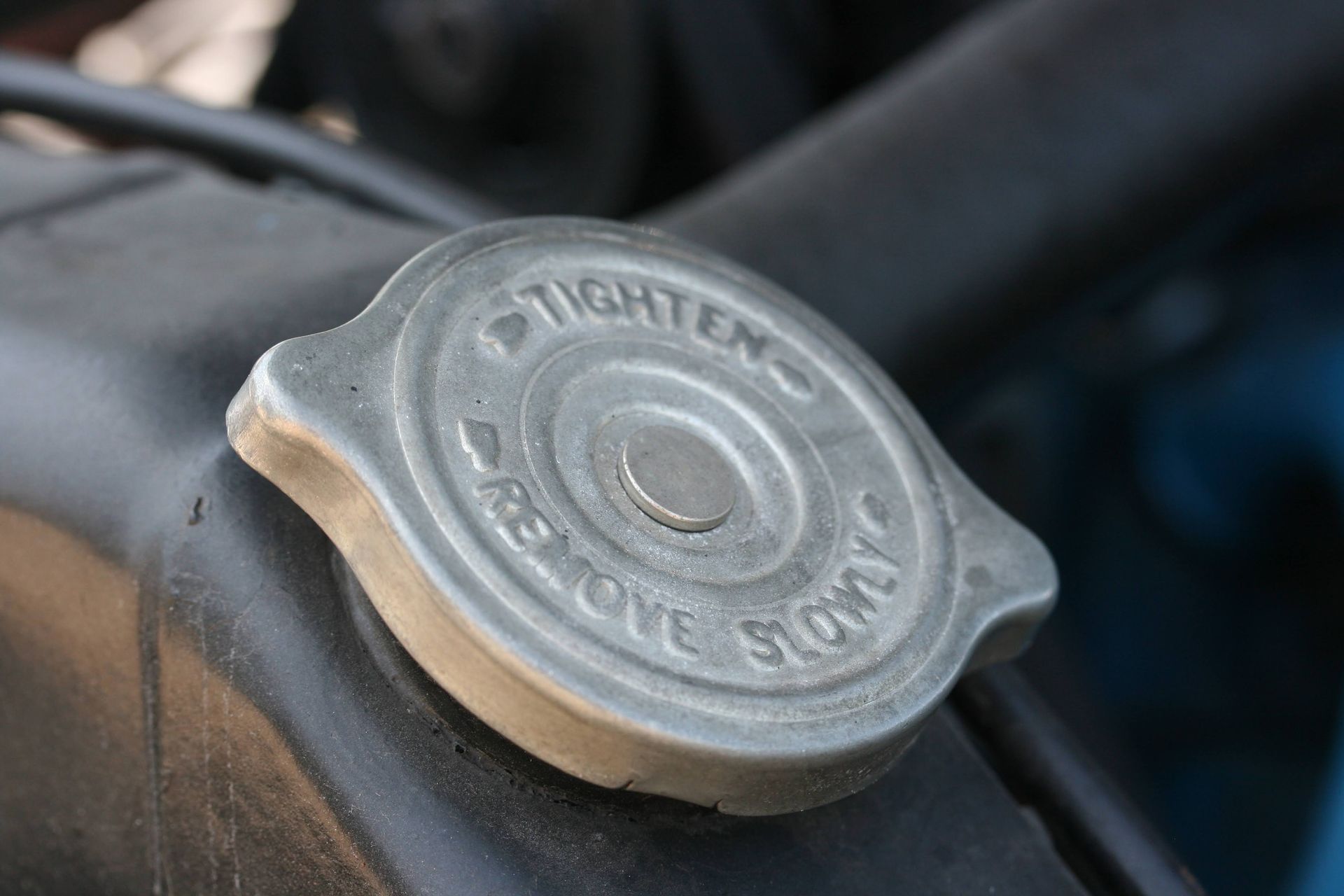
Automobiles can be temperamental creatures. They purr along from point A to point B with remarkable reliability, but every so often, one of your car's internal organs might start to falter. Today, we're giving the spotlight to a particularly unsung hero of the engine—your radiator. As the protector against the blistering heat of car engines, radiators quietly keep the show on the road, literally. But how do you know when it's time to usher in a new one? Let's talk about those telltale signs that your trusty radiator might be on its last legs.
Behaviors That Should Raise the Temperature of Your Concern
Your car, much like a person, starts to "sweat" when it's overheating. Unlike an irritable individual, however, an overheating vehicle doesn't always have the means to communicate its distress adequately. Here are four behaviors that should raise the temperature of your concern.
Steamy Surprises Under the Hood
If you pop open the hood and see steam billowing from a component in your car, chances are it's the radiator. Steam clearly indicates that coolant is reaching boiling temperatures because the radiator can no longer dissipate heat effectively. This could be due to a breach in the system or a malfunctioning radiator cap that doesn't maintain the necessary pressure.
A Hiss and a Puddle: The Great Coolant Exodus
An audible hiss followed by the appearance of a rainbow-like puddle underneath your parked car is not a unicorn sighting—it's a coolant leak. The radiator, as the central hub for coolant circulation, is the most likely culprit for any leaking. The liquid is typically green or orange and smells sweet, so take heed if you notice a colorful puddle in your driveway.
Consistently High Temperatures
A dashboard thermometer that consistently reads higher than normal could signify that your radiator isn't doing its job. If your engine is overheating regularly, it's likely due to a malfunction in the cooling system, with the radiator being a primary area to inspect.
A Burning Smell: More Than Just a Warning
A detectable burning smell inside or outside the car, especially after a long drive, often means your radiator is overheating the engine. If the smell is inside your car, don't ignore it. It could be more than a radiator issue; it could be a sign of a bigger engine problem like a blown head gasket. Other issues could also include: leaking water pump, leaking heater, intake leak, and hose leaks just to make a few. A hot smell could also be a drive belt burning off from a frozen pulley. Best to seek professional help.
Maintenance Matters: How to Prevent Radiator Woes
Like most car troubles, radiator issues can often be avoided with simple maintenance. Regularly checking your coolant level and replenishing when necessary is critical. Additionally, changing the coolant as recommended by your vehicle's manufacturer can prolong the radiator's life and performance. Radiator flushing, which removes the old coolant and impurities, is another maintenance practice that keeps the radiator in top shape.
Trust the Transition: Instinctively Check Up on Transmissions
Your car's transmission, despite not being the first thing to cross your mind when it comes to car trouble, can actually reveal potential radiator issues. Signs like a delay in shifting gears or gears that slip unexpectedly, especially in an automatic transmission, can point to problems stemming from a malfunctioning radiator. This could be due to excessive heat damaging the transmission fluid or cooling lines connected to the transmission being compromised.
Your car's radiator may not scream for attention like your brakes or steering wheel might, but it's a vitally important component of the overall system. By recognizing the signs that something is amiss, you protect your vehicle from potential damage and ensure the safety of your driving experience. Stay on top of standard maintenance routines and address any concerning behaviors promptly. Your car will thank you for the cool support, mile after mile. To have your radiator assessed, contact us today.
When checking the antifreeze levels only do so when cooling system is cold. Turning off a radiator cap when system is hot could bring scalding hot antifreeze all over you. If you believe you have an issue it is always best to take your vehicle to a professional to sell help.
Our Proud Associations
CONTACT INFORMATION
Address: 2515 W Market St. York, Pennsylvania 17404
Phone: (717) 792-9912
Email: autorepair2515@aol.com
BUSINESS HOURS
- Mon - Fri
- -
- Sat - Sun
- Closed
- Mon - Fri
- -
- Sat - Sun
- Closed
Contact us for emergency service.








